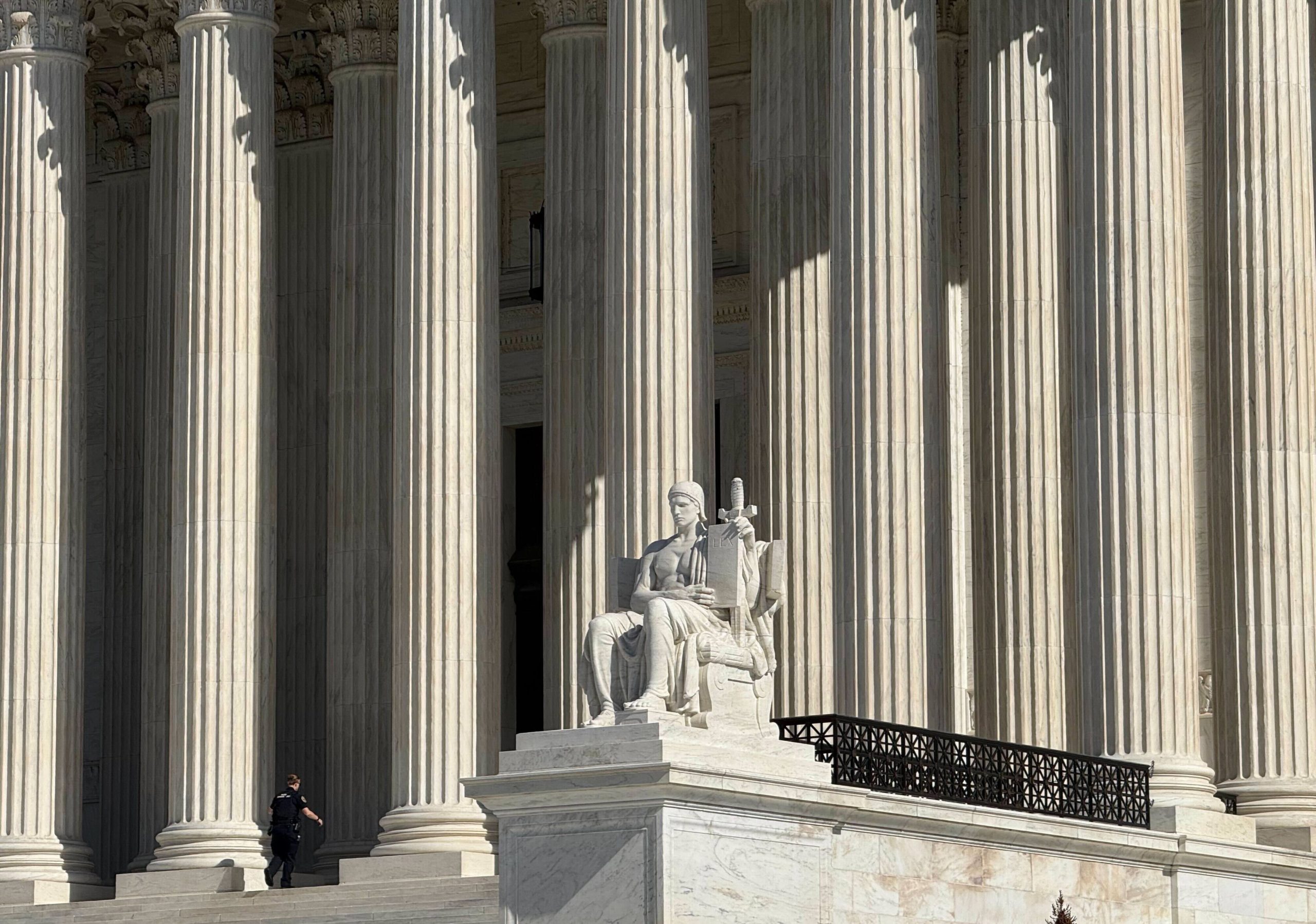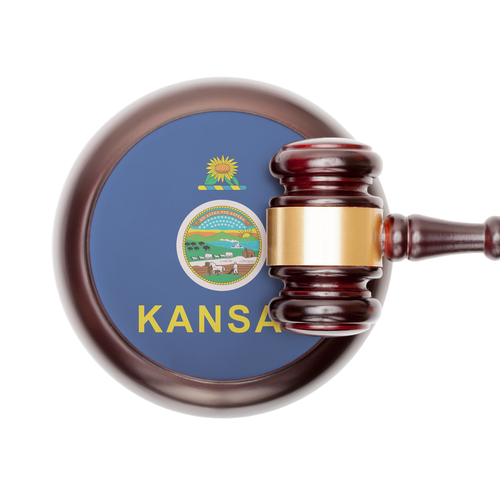Biden asks justices to allow enforcement of anti-money-laundering law
EMERGENCY DOCKET
on Jan 1, 2025
at 4:33 pm
(Katie Barlow)
The Biden administration came to the Supreme Court on Tuesday afternoon, asking the justices to let it enforce an anti-money-laundering law while the government appeals to the U.S. Court of Appeals for the 5th Circuit and, if necessary, the Supreme Court. U.S. Solicitor General Elizabeth Prelogar told the justices that an order by a federal judge barring the government from enforcing the Corporate Transparency Act “impedes efforts to prevent financial crime and protect national security” and “undermines the United States’ ability to press other countries to improve their own anti-money laundering regimes.”
More broadly, Prelogar suggested that the justices could weigh in on the propriety of so-called “universal injunctions” – orders barring the government from enforcing the law anywhere in the country. Some of the court’s conservative justices – Clarence Thomas, Neil Gorsuch, and Brett Kavanaugh – have indicated in the past that the Supreme Court should address whether such injunctions are proper.
Universal injunctions have been used (as in this case) to block laws and policies during both the Biden and Trump administrations.
The case is a challenge to the constitutionality of the Corporate Transparency Act, a 2021 law intended to prevent crimes like money laundering and the financing of terrorism by requiring businesses to report information about their owners. A A three-judge panel initially granted the government’s request, but a different panel of judges reinstated Mazzant’s order and scheduled oral arguments in the case for March 25.
Prelogar then came to the Supreme Court on Tuesday afternoon, asking the justices to intervene and allow the government to enforce the law while its appeals move forward.
The reporting requirements imposed by the law, she wrote, “fall comfortably within Congress’s authority under the Commerce Clause to regulate economic activities (here, the anonymous operation of business entities) that substantially affect interstate commerce.”
Congress also has the power to impose the reporting requirements, Prelogar continued, because they are “necessary and proper” to carry out some of the powers that the Constitution gives it, such as the power to regulate commerce, to collect taxes, and to oversee foreign affairs.
Prelogar noted that three other federal district courts had rejected similar requests to block the law – two because they concluded that the law is likely constitutional and one on the ground that the challengers had not shown that they would be permanently harmed if the law were allowed to go into effect. She acknowledged that a district court in Alabama had ruled that the law is unconstitutional, but she emphasized that the court’s order in that case only barred the government from enforcing the law against the challengers.
At the very least, Prelogar told the justices, the Supreme Court should “narrow the district court’s vastly overbroad” order. Pre She Pre The Ali


![[Webinar] Transforming IP Law – Session 3 Intellectual Property – January 14th 12:00 pm ET [Webinar] Transforming IP Law – Session 3 Intellectual Property – January 14th 12:00 pm ET](https://jdsupra-static.s3.amazonaws.com/profile-images/og.15913_1741.jpg)



